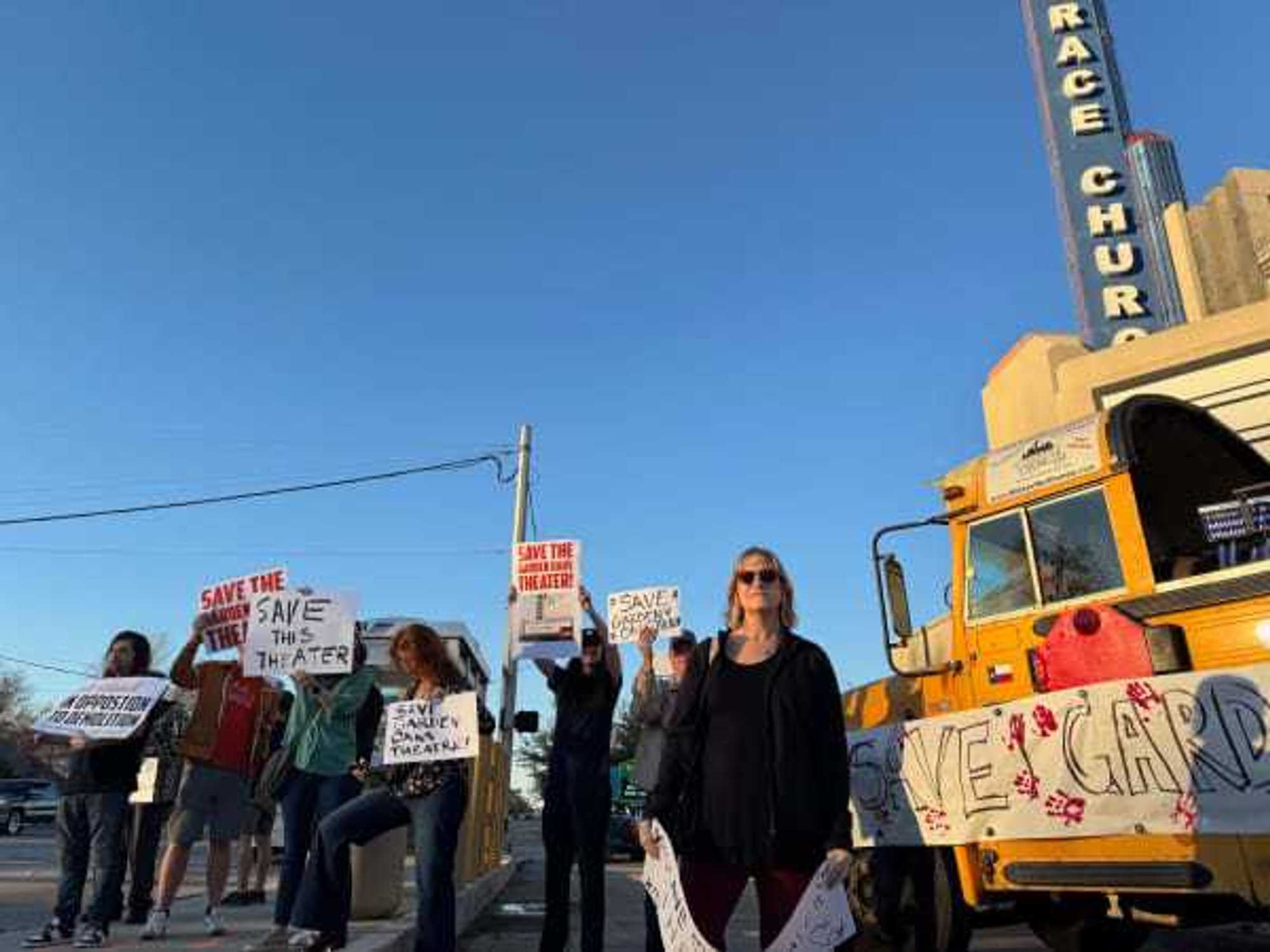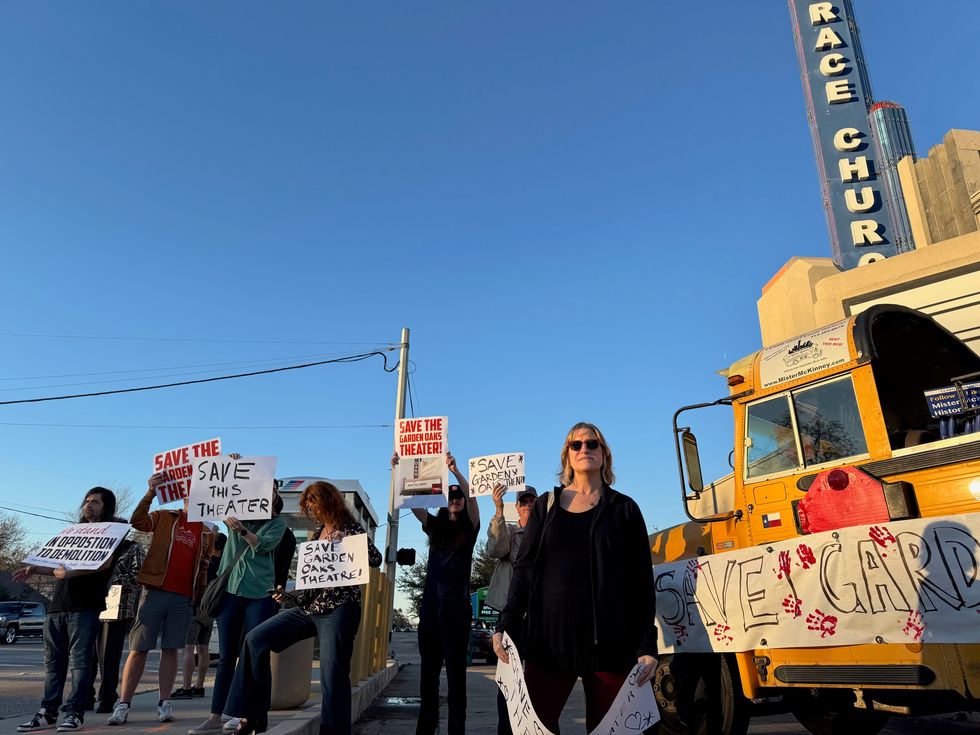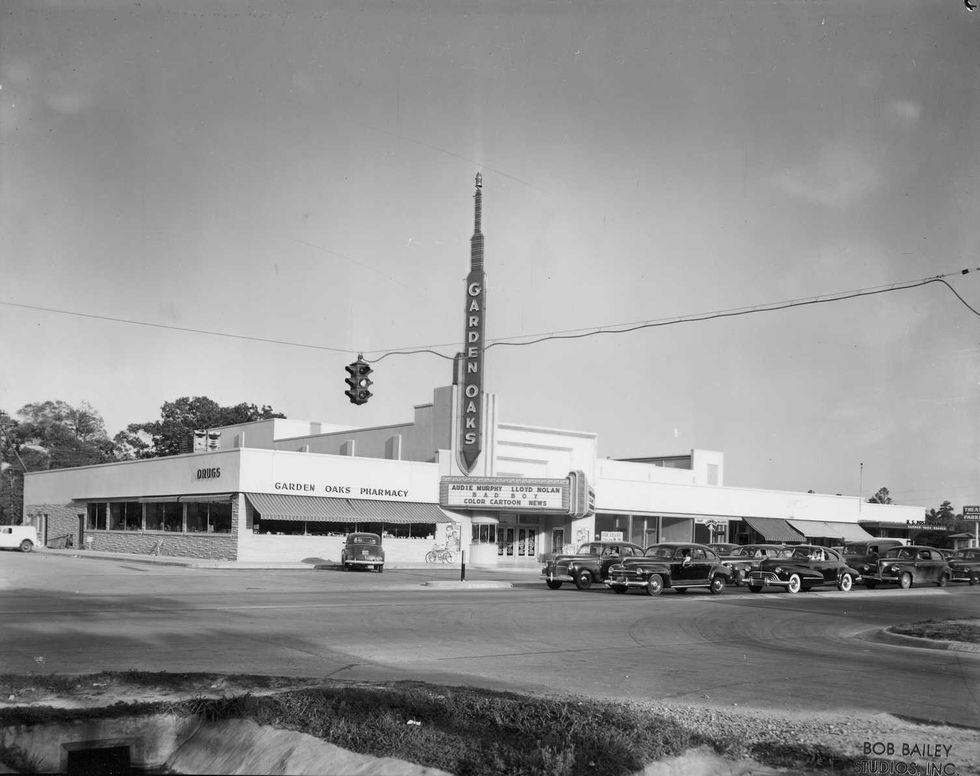A Mission For Education
Seizing the moment: 89-year-old Houstonian co-founder sets his sights onchanging the world
- Jack Grayson, founder and executive chairman of APQC, stands in front of the HatWall — representing the importance of people in improving efficiency andquality.Photo by Whitney Radley
 APQC's headquarters, fondly nicknamed the Tree House, was built in 1980.Photo by Whitney Radley
APQC's headquarters, fondly nicknamed the Tree House, was built in 1980.Photo by Whitney Radley- The building is tucked away on the grounds of the Houstonian Hotel, Club andSpa.Photo by Whitney Radley
Jack Grayson, co-founder of the Houstonian Hotel, Club and Spa and founder and executive chairman of the American Productivity & Quality Center (APQC), has come to understand cultures, crime and corruption on a worldwide scale in his 89 years.
Over that lifetime, Grayson has transformed processes and corrected inefficiencies in public and private sectors, in health care and higher education, using background knowledge and best practices thinking to solve problems.
And now he's on a mission to change the world by re-educating the U.S. education system.
A disjointed upbringing
This seems a monumental undertaking for a farm boy from northern Louisiana, where his family raised cattle and grew cotton, corn and soybeans.
Ask any octogenarian to recount his life story and you're bound to get a protracted tale of successes and hardships. Grayson's history includes a few more unlikely plot twists, beginning with his enrollment in military academy in Georgia after he graduated high school at age 15.
"Being a farm boy, I had never been exposed to a community like that. It opened my mind that you have to pay attention to other cultures and learn from them."
From there, he learned the meaning of sin in New Orleans before serving three years in the South Pacific with the U.S. Navy, followed by six months in Japan.
"Being a farm boy, I had never been exposed to a community like that," Grayson tells CultureMap. "It opened my mind that you have to pay attention to other cultures and learn from them."
He returned to Louisiana, earned his masters degree in accounting from Tulane University and taught college-level accounting until he realized that he was boring his students and himself. So he boarded a peanut freighter bound for Europe.
There, Grayson washed dishes, worked odd jobs, wrote at cafes along the Left Bank in Paris, absorbing everything he could about different people and different cultures.
"When I finished that education, I came back [to the U.S.] and said, "What'll I do now?"" Grayson took a job as a reporter with the Times-Picayune in New Orleans, working his way up from the bottom rung of the editorial ladder, gradually developing more responsibility and an insatiable interest in crimes and the people who commit them.
He became a special agent in the FBI so that he could learn about that crime on a national level. After a three-year stint in South Dakota and New York City, Grayson retired back to the farm and dedicated a year and a half to reading the 100 Great Books before enrolling at Harvard University, where he received his Doctorate in Business Administration.
That Ph.D. led him to several more years in academia — and several more restructuring the system from an administrative standpoint — at Tulane and Southern Methodist University.
While at SMU, Grayson received a call from George P. Schultz, then a member of President Richard Nixon's cabinet. He had nothing akin to experience in the political realm, but that didn't stop Grayson from accepting the challenge of chairing the U.S. Price Commission.
In that position, Grayson set the price of every commodity, from newspapers to physician visits, peanut butter to cars, cattle, cotton, corn and soybeans. Based on interactions with heads of industry, combined with past experiences abroad, he learned how woefully unprepared the U.S. industry was to compete with Japan and Europe.
When Grayson's tenure with the Price Commission ended, he set out for Houston.
Breaking down structures
"I need money because I want to save the country because they're making a mistake on productivity and quality, and we're going to go down if we don't change it," he says.
That breathless pitch proved effective when Grayson, along with Houston businessman Tom Fatjo, reached out to local and national donors: The two raised $15 million, and with it they opened the Houstonian Hotel and Spa.
The two raised $15 million, and with it they opened the Houstonian Hotel and Spa.
On its verdant grounds, Grayson built a tree house; that spot that has long served as the headquarters of APQC, a nonprofit benchmarking and best practices consulting firm that has played an important role in the business, military, health care and government industries since 1977.
After years of learning how to best implement efficiency for maximum effectiveness, Grayson recognized that it was possible to apply the same strategies to fortify the nation's schools. APQC's education sector, the organization's most recently created, has worked in more than 161 school districts since 1996, breaking down functional walls that divide school districts, prevent effective communication and encourage short-sighted, outcomes-only goals.
APQC has implemented its practices in school districts from Cy-Fair to Washoe County in Reno, Nev., and all the way to Australia. In each school, a team determines on a case-by-case basis how to cut costs and improve functionality. The results seem self-evident, more than enough to prove the program's effectiveness.
Nevertheless, the education sector tends to meet any suggestions of change with significant resistance.
Grayson recently ceded his position of APQC CEO to his wife, Dr. Carla O'Dell, in order to gain more traction in the education market. He visits school districts near and far, traveling nearly every week, and hopes that continued donations will allow APQC to quicken its pace and further its reach.
"If you want me to change the entire system, including higher education, I need $5 million," Grayson says. He promises the restructuring could be complete in just 10 years.
That's no small feat for a farm boy from Louisiana.




